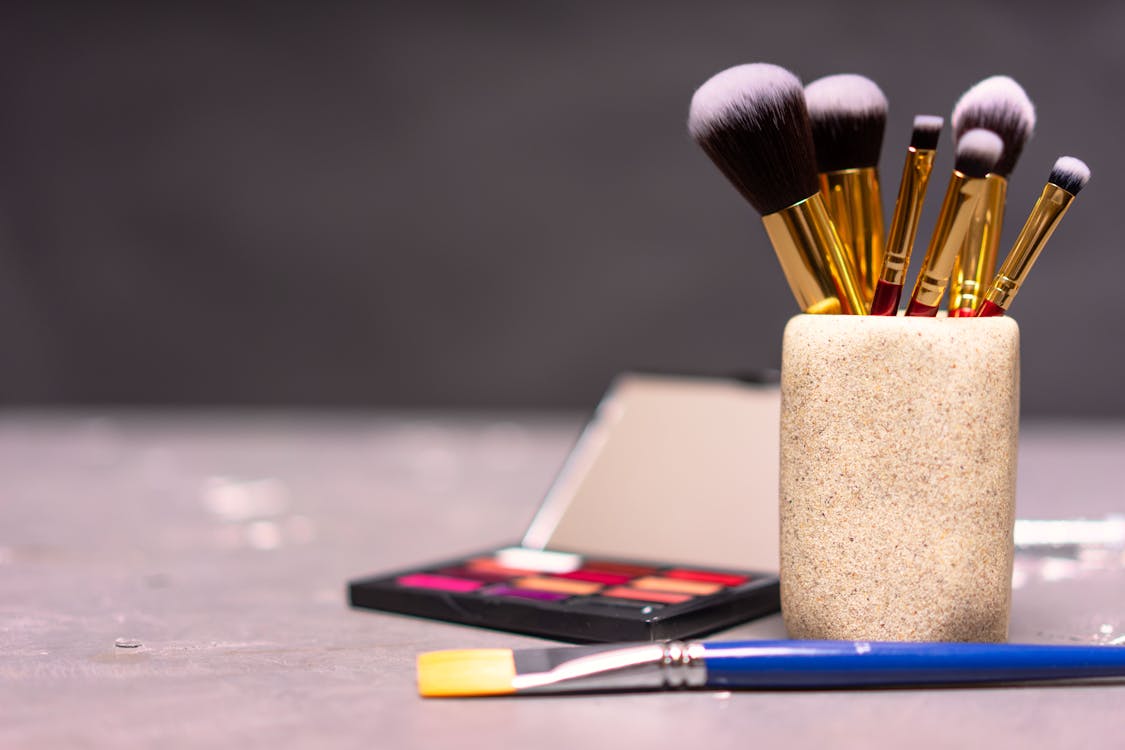In the ever-evolving world of beauty, controversies and debates are as common as the latest makeup trends and skincare innovations. From contentious ingredients to ethical concerns and cultural appropriation, the beauty industry is no stranger to heated discussions that captivate consumers and challenge industry norms. In this article, we’ll explore some of the hottest topics and debates in the cosmetic industry, shedding light on the complexities and controversies that shape the beauty landscape.
- Clean Beauty Movement:
The clean beauty movement has gained significant traction in recent years, fueled by consumer demand for safer, more transparent skincare and makeup products. Advocates of clean beauty argue that products should be free from potentially harmful ingredients such as parabens, sulfates, and synthetic fragrances. However, critics question the efficacy and scientific basis of clean beauty claims, highlighting the lack of regulatory oversight and standardized definitions within the industry. As the clean beauty movement continues to grow, consumers are faced with navigating a complex landscape of conflicting information and competing claims.
- Inclusivity and Diversity:
In recent years, there has been a growing emphasis on inclusivity and diversity within the beauty industry, with brands expanding their shade ranges and featuring a more diverse range of models in their marketing campaigns. While progress has been made towards greater representation, there is still much work to be done to address systemic issues of racism, colorism, and Eurocentric beauty standards. Critics argue that many brands still fall short in their commitment to inclusivity, offering limited shade options for diverse skin tones and perpetuating harmful stereotypes. As consumers demand greater diversity and authenticity from beauty brands, the industry is being forced to confront its long-standing biases and exclusions.
- Animal Testing:
The practice of animal testing in the cosmetics industry has long been a source of controversy and ethical debate. While many countries have banned or restricted animal testing for cosmetics, it remains a common practice in some parts of the world. Animal rights activists argue that testing cosmetics on animals is cruel, unnecessary, and outdated, advocating for alternative methods such as in vitro testing and computer modeling. However, some industry stakeholders argue that animal testing is necessary to ensure the safety and efficacy of cosmetic products. As consumers become increasingly aware of the ethical implications of animal testing, many are choosing to support cruelty-free brands that prioritize ethical sourcing and testing practices.
- Gender Fluidity and Beauty:
The concept of gender fluidity and non-binary beauty has challenged traditional notions of masculinity and femininity within the beauty industry. As attitudes towards gender continue to evolve, brands are embracing gender-neutral marketing and product formulations that cater to a diverse range of identities and expressions. However, critics argue that many brands still perpetuate outdated gender stereotypes and fail to adequately represent non-binary individuals in their marketing campaigns. As the beauty industry grapples with issues of gender inclusivity, consumers are calling for greater representation and acceptance of diverse gender identities and expressions.
- Environmental Sustainability:
With growing concerns about climate change and environmental degradation, sustainability has emerged as a major focus for the beauty industry. Brands are increasingly adopting eco-friendly packaging, reducing their carbon footprint, and sourcing ingredients responsibly to minimize environmental impact. However, critics argue that many brands engage in greenwashing – making misleading or exaggerated claims about the environmental benefits of their products. As consumers become more environmentally conscious, they are demanding greater transparency and accountability from beauty brands, pushing the industry towards more sustainable practices and innovations.
- Cultural Appropriation:
The appropriation of cultural elements in beauty products and marketing has sparked heated debates about representation, respect, and cultural sensitivity. From traditional hairstyles and makeup techniques to indigenous ingredients and cultural symbols, brands often draw inspiration from diverse cultures without acknowledging or respecting their origins. Critics argue that cultural appropriation perpetuates harmful stereotypes, erases the contributions of marginalized communities, and commodifies cultural heritage for profit. As consumers become more vocal about issues of cultural appropriation, brands are being held accountable for their actions and urged to engage in meaningful dialogue and collaboration with cultural communities.
As the beauty industry continues to evolve, controversies and debates will inevitably arise, challenging industry norms and pushing boundaries. From clean beauty and inclusivity to animal testing and environmental sustainability, the beauty landscape is constantly evolving in response to changing consumer preferences and societal expectations. By engaging in open dialogue, embracing diversity, and prioritizing ethical practices, the beauty industry has the potential to drive positive change and shape a more inclusive and sustainable future for all. As consumers, we have the power to demand accountability, support brands that align with our values, and drive meaningful progress towards a more equitable and ethical beauty industry.



